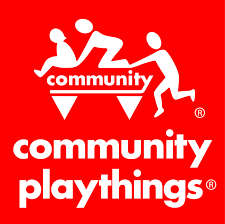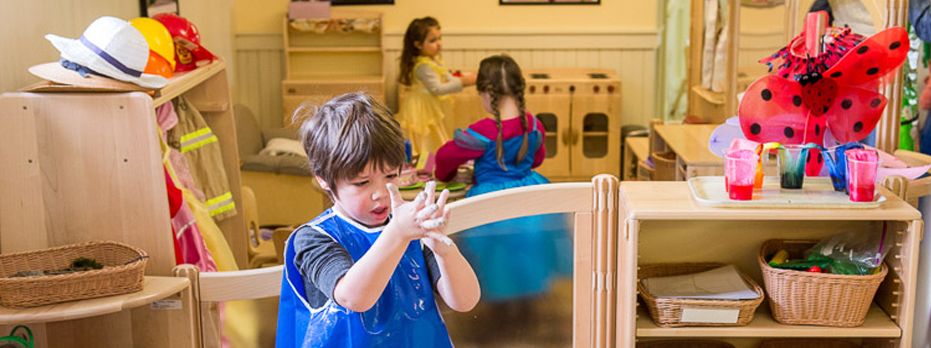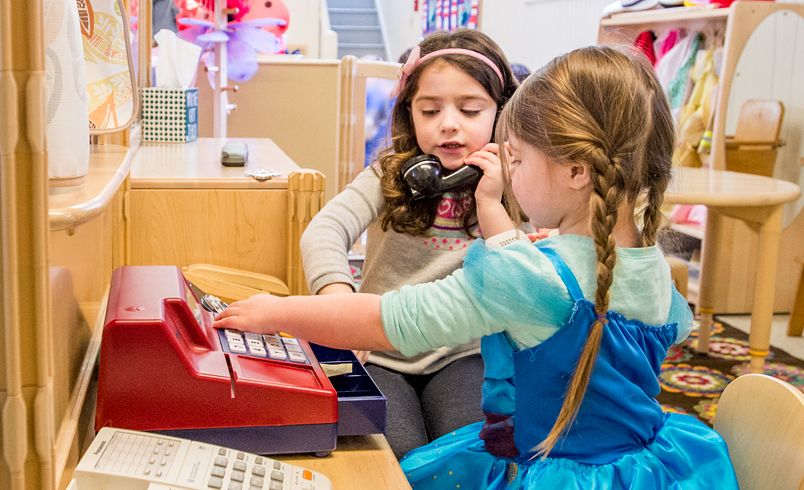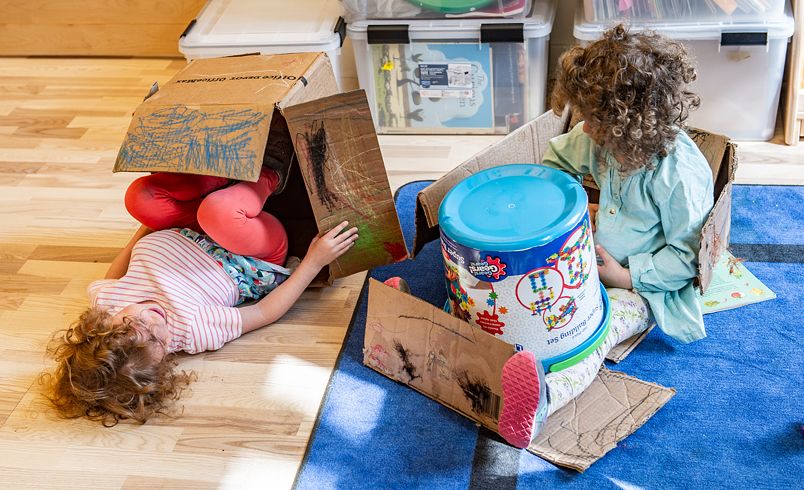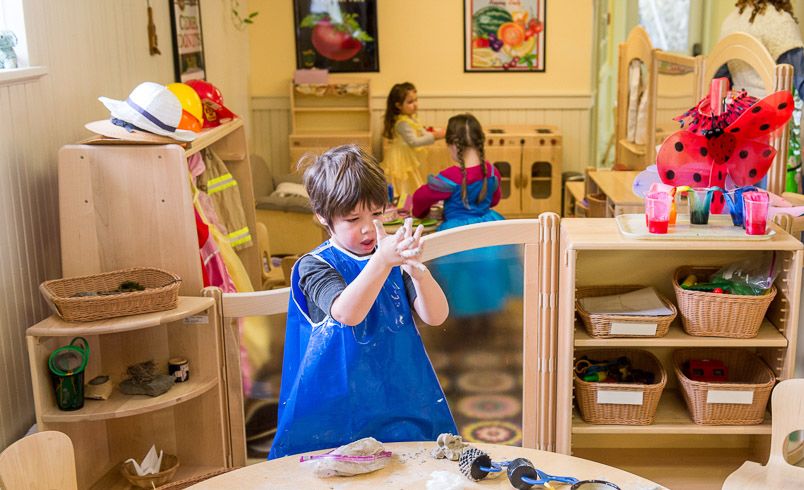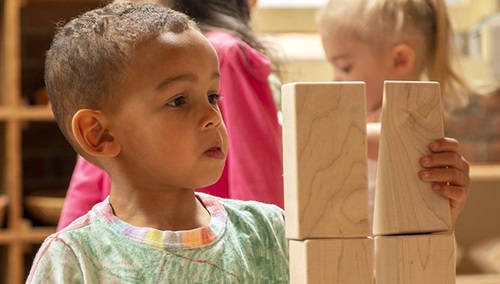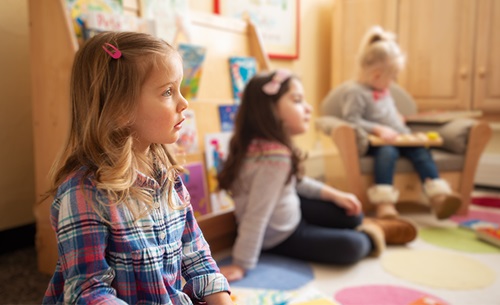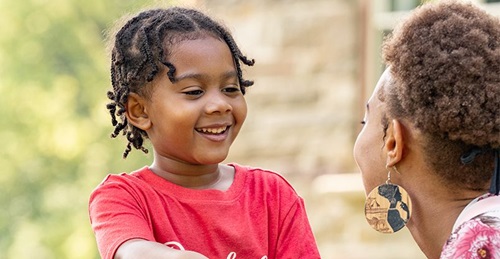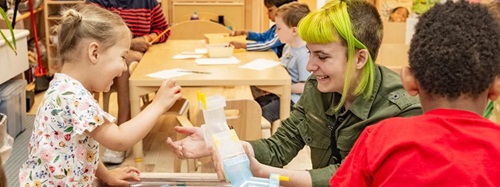Cultivating a Playful Habitat
Why is it still so hard to give young children the space and time to play?
| January 2020Play is so central to healthy human development that pediatricians are increasingly writing play “prescriptions” for their young patients. Play is considered a basic human right according to the United Nations, and yet, it’s still so hard for many adults to value play.
One problem is that we struggle to define what good play really looks like. Vague words like “richly engaging,” “authentic,” and “meaningful” don’t shed much light on the difference between productive play (the meandering, exploratory, conversational kind that scientists say is associated with a wealth of positive benefits) and the lesser variety we so often see in early childhood classrooms where kids are moved from one station to another within a fixed time period and with predetermined goals. The uncomfortable reality is that the most rewarding play—for the children engaged in it and for the adults who are tracking their progress—is sometimes hard to pin down.
My own favorite definition of play (and I don’t remember who told it to me) comes down to this: an agreement between two or more children that things are not to be taken literally. That might explain a phenomenon we’ve all observed as educators: the child who plays deeply and with great imagination in the most mundane circumstances (chatting while sitting on the potty, for example) and yet can seem utterly disengaged in the presence of fancy props or a designated play time. Play has its own agenda.
Another obstacle to valuing play comes from what I call “adultification,” the failure to see the world through a child’s eyes. We see signs of adultification in many early childhood classrooms: frequent and stressful transitions, limited outdoor time, overuse of whole-class instruction and boring circle time routines (I’m looking at you, daily calendar!). Even the most caring teachers can be surprisingly overbearing when it comes to play—and believe me, I know this firsthand—swooping in at the first sign of conflict or frustration. On a good day, we call this scaffolding. But our attempts at supporting and redirecting children’s behaviors can paradoxically sometimes get in the way of the natural rhythm of play
And that brings me to a final thought. Like all young mammals, children are prewired for play. But having a play impulse isn’t the same thing as having play know-how. The latter actually requires time and practice to cultivate. And in today’s world, young children have less time and space to develop their play know-how. (Family sizes are smaller, kids have more structured experiences, screen time encroaches on everything…) To reap the full benefits of play, therefore, it’s not enough to focus only on individual children or even on individual classrooms; we need to cultivate the play habitat in which children can become experts in play. To do that, our adult sense of time and place must adapt to children’s needs, and not the reverse. We need to adopt the rhythms of childhood more often, allowing kids to dawdle, to repeat things, to be aimless, to make messes and mistakes, to have conflicts and get mad, and sometimes to have exactly zero objective in mind. Yes, boredom can be a friend to the imagination!
This careful cultivation of the playful habitat can be a disorienting task to those of us who fight so hard to get other adults to value childhood. We want to show off the fruits of our labor and make people see both how special children are and how difficult it is to teach them well. But we shouldn’t forget that creating a truly healthy play habitat—and then getting out of the way of it—is among the most meaningful work an adult can do for a child.
This article is reprinted with permission from https://dey.org/blog/. Defending the Early Years (DEY) is a non-profit organization working for a just, equitable, and quality early childhood education for every young child.
